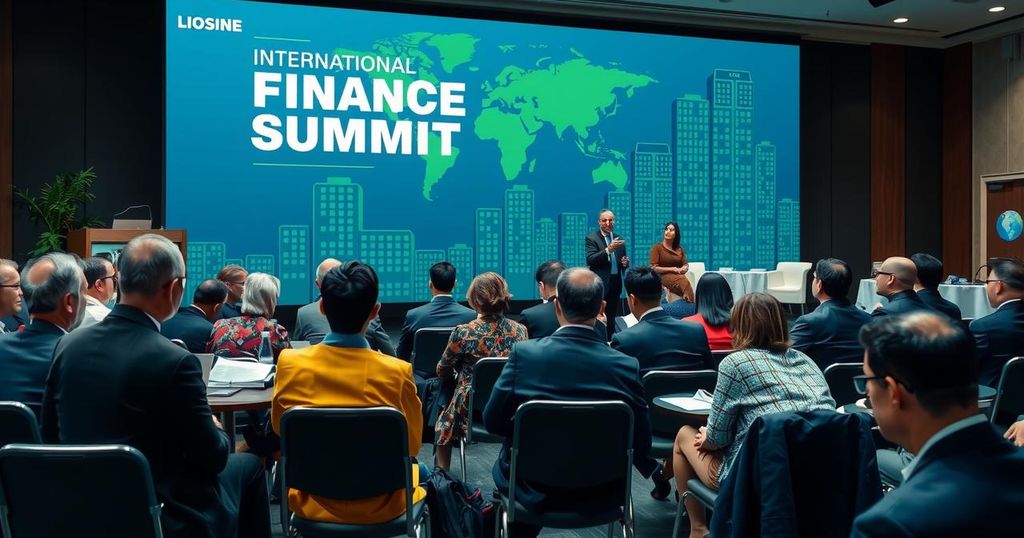At COP29 in Baku, developed nations pledged $300 billion annually to combat climate change, aiming for $1.3 trillion by 2035. However, developing countries criticized this funding as inadequate. U.N. Secretary-General Antonio Guterres and UNFCCC Executive Secretary Simon Stiell stressed the need for more ambitious efforts. Developing nations expressed dissatisfaction, citing the insufficiency of funds and pressing needs in the face of climate adversity, and as global temperatures rise, the urgency for substantial climate action grows.
At the recent U.N. Climate Change Conference (COP29) held in Baku, developed nations asserted their commitment to combat climate change by pledging $300 billion annually, with aspirations to escalate this figure to $1.3 trillion by 2035. However, this pledge has been met with strong criticism from developing nations, who contend that such funding remains woefully inadequate given the escalating climate crisis and their pressing needs for financial support.
U.N. Secretary-General Antonio Guterres acknowledged the commitment but emphasized its insufficiency, stating, “The $300 billion annual funding falls short of addressing the immense challenge we face.” Furthermore, UNFCCC Executive Secretary Simon Stiell expressed the necessity for enhanced efforts from nations, urging, “There’s still much work to do. We must double our efforts before next year.”
Delegates from developing countries have voiced their dissent regarding the agreement. India’s representative, Chandni Raina, referred to the deal as an “optical illusion” that fails to confront the substantial challenges they encounter. Meanwhile, Tina Stege, representing the Marshall Islands, criticized the funding as inadequate, claiming it leaves “vulnerable nations with just a fraction of the resources they urgently need.” Moreover, representatives from African nations articulated their concerns, with Sierra Leone’s delegate accusing developed countries of a “lack of goodwill” in addressing the needs of those most affected.
This agreement underscores the persistent friction between developed and developing nations regarding climate financing, particularly as vulnerable countries bear the primary consequences of climate change while wealthier nations have yet to fulfill their financial obligations. The urgent need for sufficient climate action is further highlighted by recent data from the European Union’s climate observation platform, Copernicus, which reported that 2024 is poised to become the hottest year on record, emphasizing the critical nature of the climate crisis.
As the upcoming COP30 approaches, there will be increasing pressure on developed nations to uphold their financial commitments and to adopt a more equitable stance regarding climate financing. Developing countries are advocating for a more substantial response from significant emitters, particularly the United States, Canada, China, and the Gulf states.
The issues surrounding climate funding are pivotal in global discussions on climate change, especially as the impacts disproportionately affect developing countries. The pledges made at COP29 are crucial to understanding the ongoing debate regarding financial commitments and the perceived disparity in contributions between developed and developing nations. This backdrop elucidates the broader context of international climate efforts, highlighting the urgency for meaningful action to address rising global temperatures and their devastating effects.
In conclusion, while the $300 billion annual pledge by developed nations at COP29 is a step forward in climate financing, it has been criticized as insufficient by developing countries. The ongoing discussions reflect a fundamental need for increased support from wealthier nations, particularly as the global community faces the reality of escalating climate impacts. As COP30 approaches, the expectation for decisive action and equitable contributions will undoubtedly intensify.
Original Source: www.turkiyetoday.com







